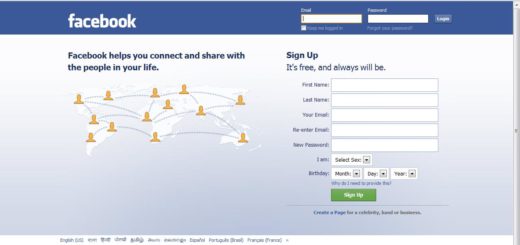My Recommended Economic Books
In academia, I am one of the few professors that advocates for free market capitalism without exceptions. Why? It all stems from my understanding of economics, history, and political theory. While I am not a professor in economics, I am well read in economic theory and have recently helped launch a MOOC in Economic Development. Below are the economic and political books that have had the biggest impact on my thinking. Some are classics. Some are philosophical. Some cover history. And one of these books I violently disagree with, but they all shaped who I am, what I think, and why. These books inspired, intrigued, and captured my attention. I recommend these books to anyone who wants to explore free market principles and the economic system that freed the average man from 16 hour work days and forty-year life spans.
For the record, I’m neither a Republican nor a Democrat, but an advocate of individual rights and laissez-faire capitalism.
The State of Humanity
Knowing the facts about status of our planet is essential if you are interested in developing ideas inductively, rather than just accepting ideas without reference to facts. In this book, Julian Simon (editor) compiled the greatest resources about everything related to our well-being – from pollution, to prices, to homelessness, to life-expectancy. While this is not particularly inspiring reading, the facts it presents challenges many common claims and assumptions.
The Making of Modern Economics: The Lives and Ideas of Great Thinkers
With the facts in hand, understanding the strengths and weaknesses of various economic ideas must come next. For that, Mark Skousen’s historical narrative does an excellent job by focusing on how economic theory developed and changed over time. It focuses on the “big” thinkers and their unique contributions to the field. Starting with Smith, Say, and Malthus – through Mill, Marx, and Menger – all the way to Keynes, Friedman, and Schumpeter. Although Skousen occasionally veers off track with the personal antidotes of the thinkers, it does add some color. I am currently re-reading it gain a better perspective of the development of economic thought.
Economics in One Lesson
Henry Hazlitt wrote this popular and readable economics book designed for the common person back in the 1940s. With clear and convincing examples, Hazlitt presents economic theory such that you can grasp the essentials and their application to your life. It is so good, that I used one of his chapters on automation in my MIS class to help discuss the value of automation and it’s effect on employment. If you want to begin studying economics, this is where you should start.
Capitalism: The Unknown Ideal
In this collection of essays by Ayn Rand and her associates (including former chair of the fed Alan Greenspan), present with the philosophic basis for the politics of lassiez-faire capitalism. Capitalism takes you on a tour of various political and economic issues, from the gold standard, to persecution of big business in the name of economic “fairness”. If you are unfamiliar with Rand, some of her thoughts may seem too extreme, yet her defense of individual rights to life, liberty, and property builds on the work of the U.S. founding fathers. If you take the right to property seriously, then capitalism is the only just political system that supports it.
The Capitalist Manifesto
Where Ayn Rand provided the philosophic basis, Andrew Bernstein masterfully integrates the historical, economic, and moral foundations in defense of Capitalism. It not only refutes the claims of Marx and his ilk, but demolishes any semblance of it. If you want a short cut to the four books mentioned above, this one book does it.
The Communist Manifesto
Yes, I’m actually recommending this book. It is vile and corrupt. I disagree with its very essence. And yet, it’s influence over the culture today is far reaching. If you want to fight for a better way of life, you need to understand the essence of Marx’s philosophy. You need to read this book.
An Inquiry into the Nature and Causes of the Wealth of Nations
Adam Smith’s classic should make your reading list as one of core works on economics. It is a dense read, but Smith changed the world with this masterpiece and made economics into a field of study worthy of our time. Reading this book will show you how he did it.
Other good books:
Basic Economics – Thomas Sowell
How an Economy Grows and Why it Crashes – Peter Schiff
Two Treatises of Government – John Locke







